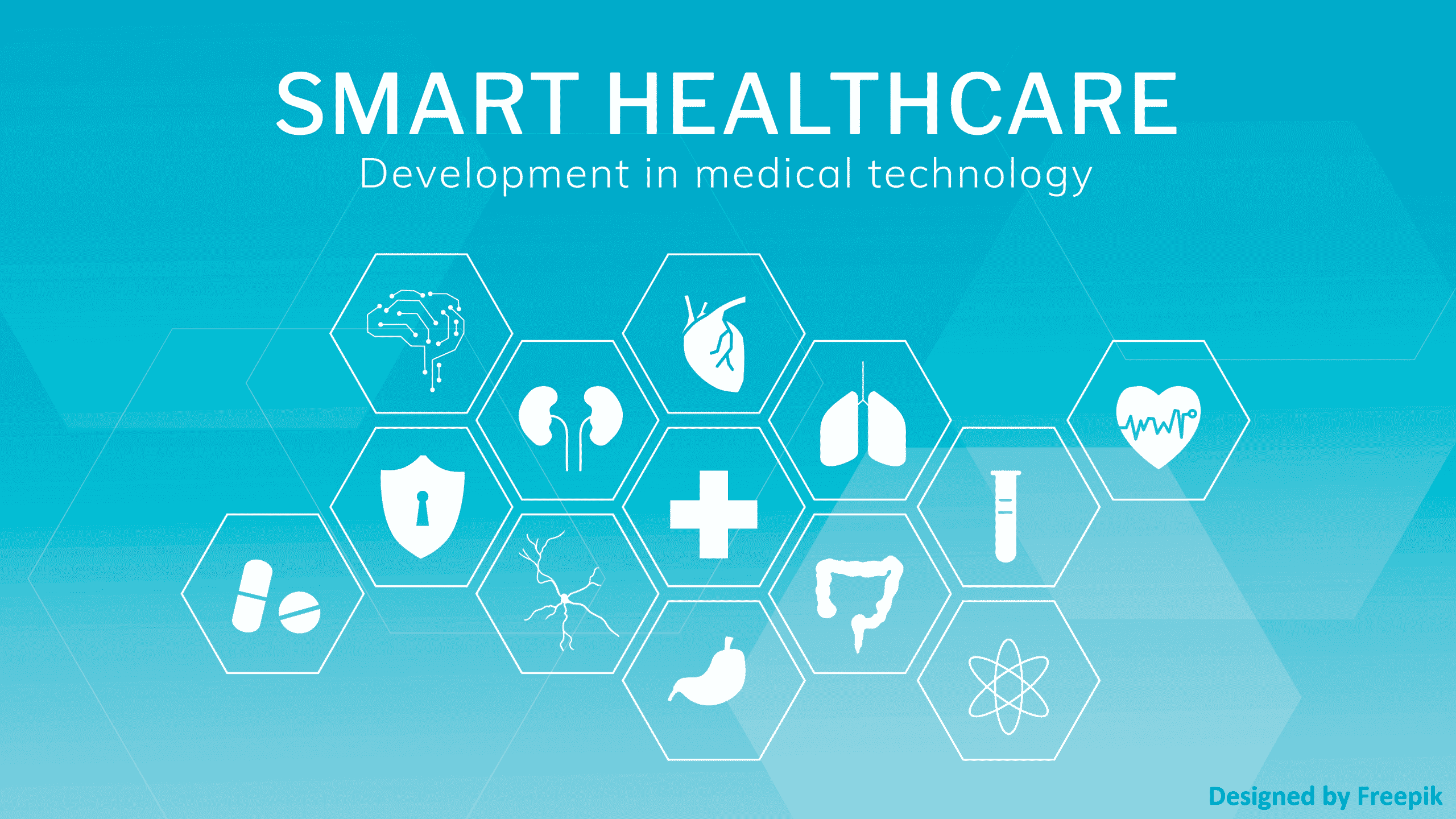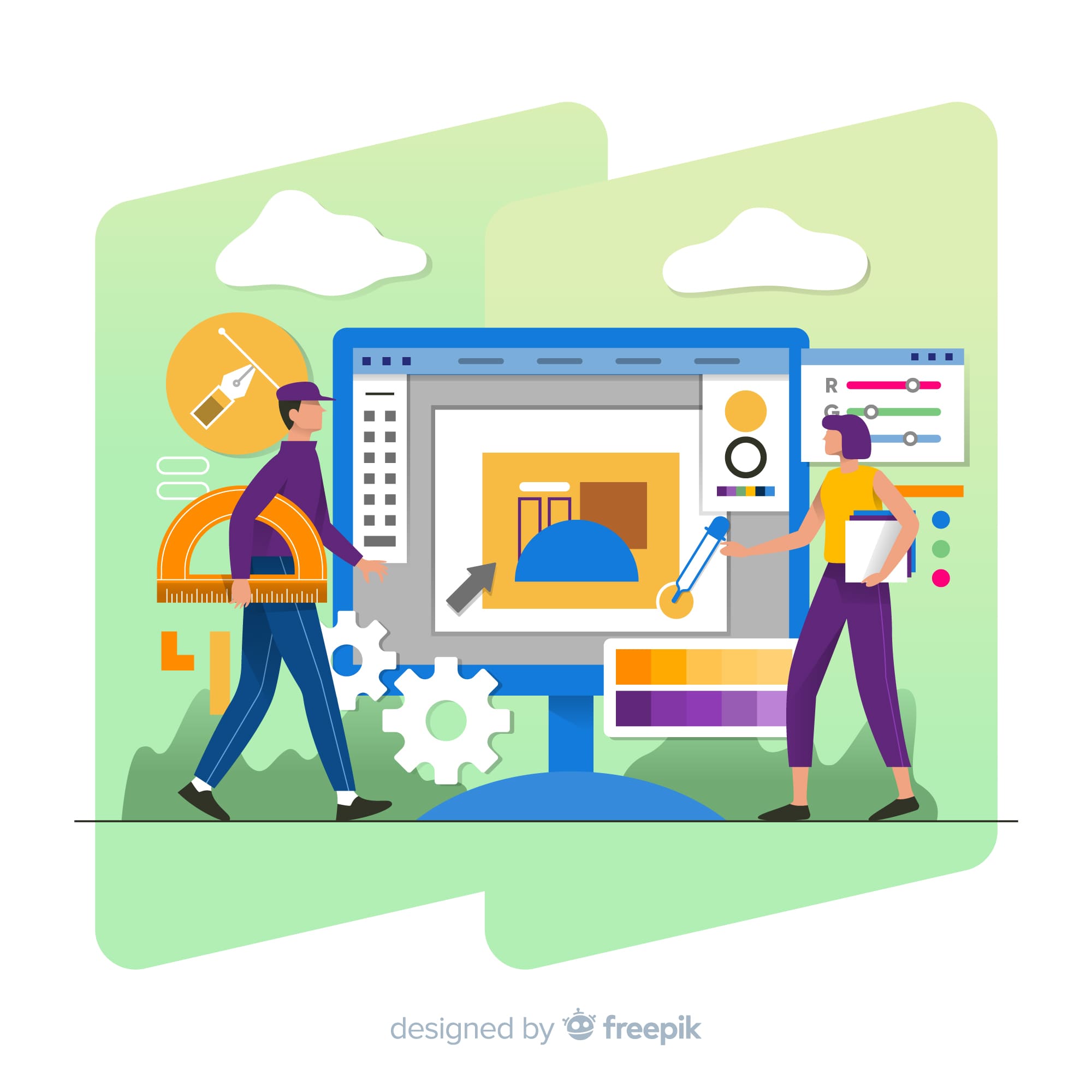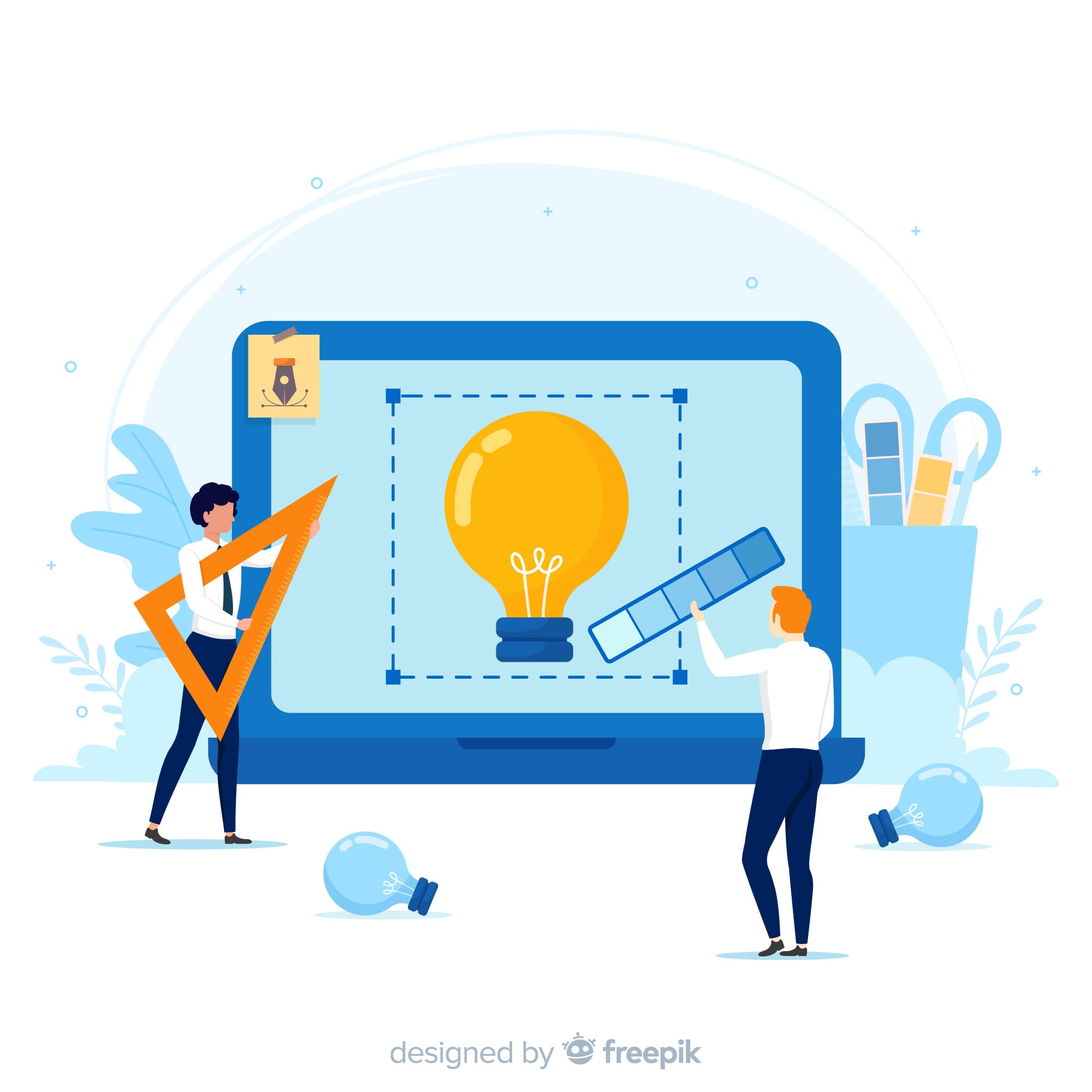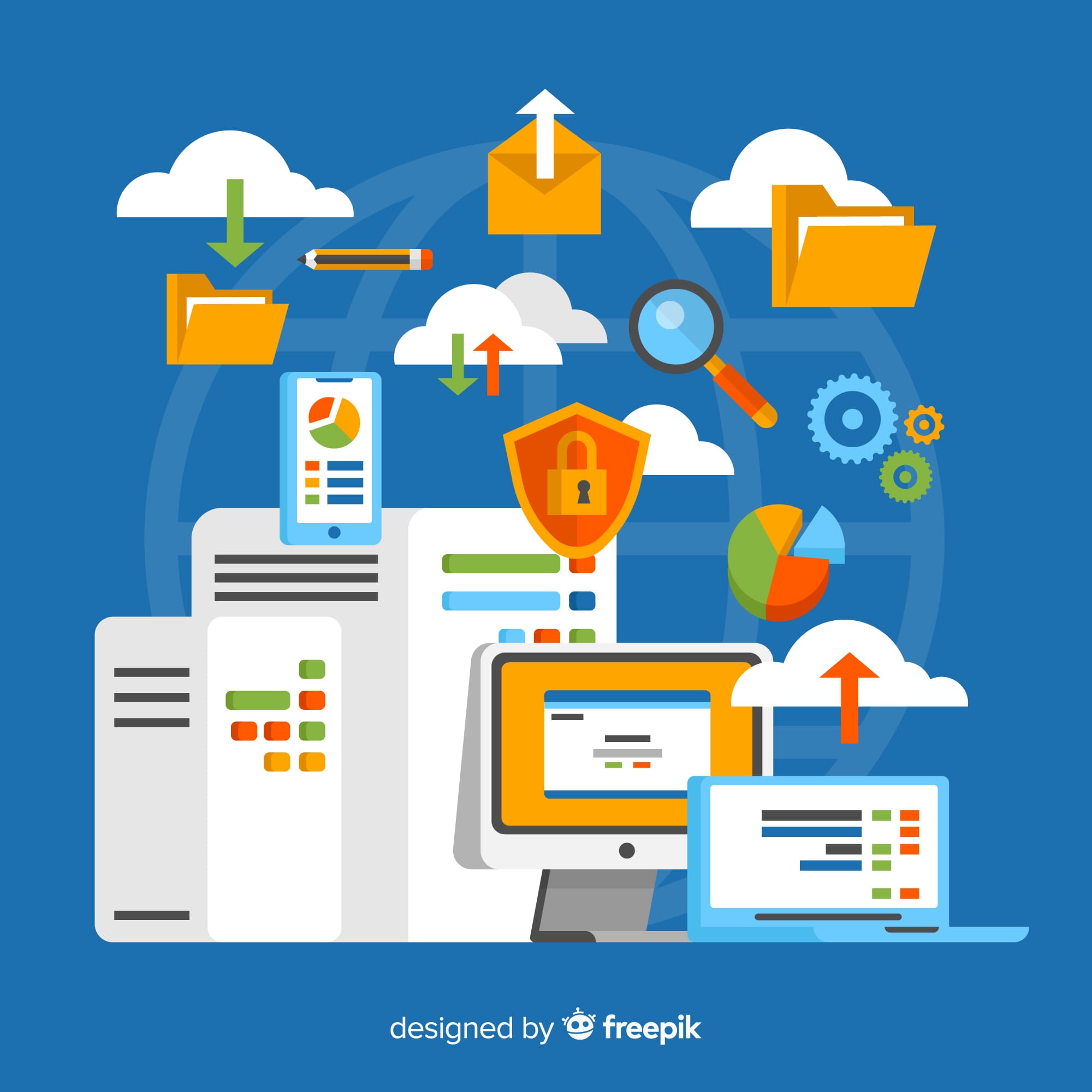Artificial Intelligence (AI) has become one of the leading technologies supporting the healthcare and pharma industries. AI’s automated algorithms have traditionally been used to perform tasks that rely on human intelligence. Al can significantly benefit the healthcare and pharma sectors, which is apparent in the current setup.
The primary goal of health-related AI applications is to analyze tie-up between prevention or treatment techniques and patient outcomes.
Medical science has improved rapidly, but the healthcare system is facing increasing demand for its services, and staff are struggling to meet the needs of patients.
A joint report with the EU’s EIT Health explores how AI can improve patient experience, access to healthcare, and pharma services.
Artificial intelligence is used to develop new drugs, fight disease, and more in the pharma and biotech industries. Pharma businesses are utilized AI to increase the success rate of new medicines.
Artificial intelligence is a broad term used in healthcare to describe the use of machine-learning algorithms and software (AI), which mimics human comprehension in the analysis, presentation, and understanding of complex medical and healthcare data. In particular, AI is the ability of computer algorithms to draw approximate conclusions based on input data.
Here are some of the ways that show how artificial intelligence is helping the healthcare and pharma sector:
- Disease diagnosis
- Medical processing
- Data storage
- Manage appointments
- Medical advice and consultation
- Drug interactions and discovery
- Reduces time
- Other applications
1] Disease diagnosis:
Artificial intelligence help in detecting decrease faster, and it helps diagnose it. Al also used to find cures for known diseases such as Parkinson’s and Alzheimer’s and rare diseases. With the help of Al, the cost of medical treatment will automatically decrease, and the doctors can remotely monitor patients.
2] Data storage:
AI helps to store and monitor patients’ data. Doctors can monitor patients’ old medical history. It allows doctors to study and cure diseases. Numerous companies are now exploring the possibility of incorporating big data in the healthcare industry through advanced data analytics.
3] Medical processing:
Al is capable of examing the thousands of electronic medical reports.
4] Manage appointments:
An AI-based patient management system improves to automate the work. With an AI system, we can book an appointment with doctors remotely. It is thoroughly Scheduling patients’ appointments simplifies the process, thus helping both the doctors and the patients.
5] Medical advice and consultation:
Nowadays, most hospitals have their apps. With the help of these mobile apps, people can read and connect with the doctor and take medical advice or consultation.
6] Reduces time:
With the help of this AI-based application, a patient can connect with doctors remotely. It also helps in data entry and lab test analyses. It reduces routine tasks, which means doctors can focus more on complicated cases and interact with patients.
7] Drug interactions and discovery:
Drug interactions may sometimes become a menace for people taking numerous medications. The machine learning algorithms extracting information about specific drugs and their harmful side effects become easy.
Artificial intelligence and pharma industry.
Examples:
- Novartis pharmaceutical corporation company uses AI to predict untested components researchers should explore to find new cures.
- Tencent Holdings leverages AI to monitor patients remotely.
- To help multinational biotech companies find treatments for rare diseases and Healx uses AI.
- IBM Watson helps match patients with the proper drug trials
- Apple company uses AI to Screen children for autism.
Resource :
https://ehealth.eletsonline.com/2020/01/how-is-artificial-intelligence-shaping-the-healthcare-and-pharma-industry/
https://www.digitalauthority.me/resources/artificial-intelligence-pharma/
https://en.wikipedia.org/wiki/Artificial_intelligence_in_healthcare
Disclaimer:
Wherever any material is quoted as sourced from the published text with publishing rights vested in an individual, it is stated that it is a pure quotation and has no intention to claim it as our own.
Image Source: www.freepik.com





